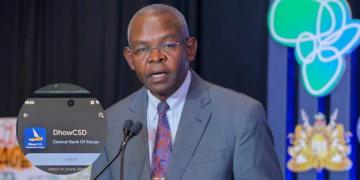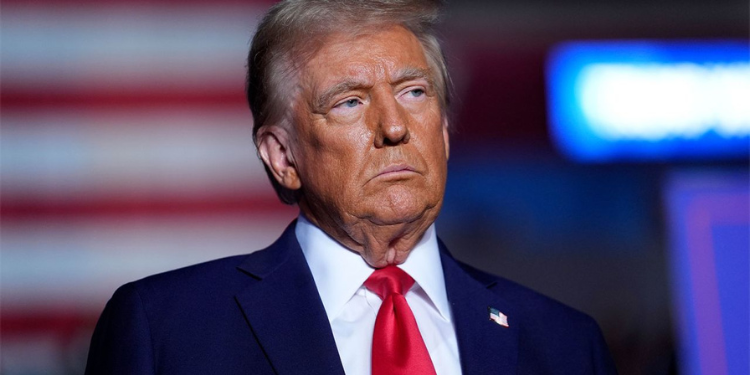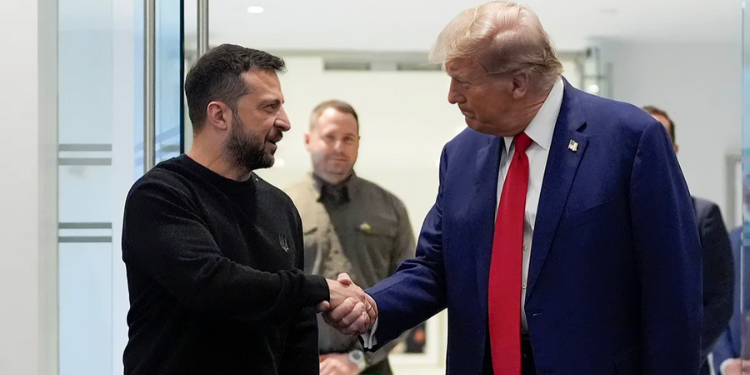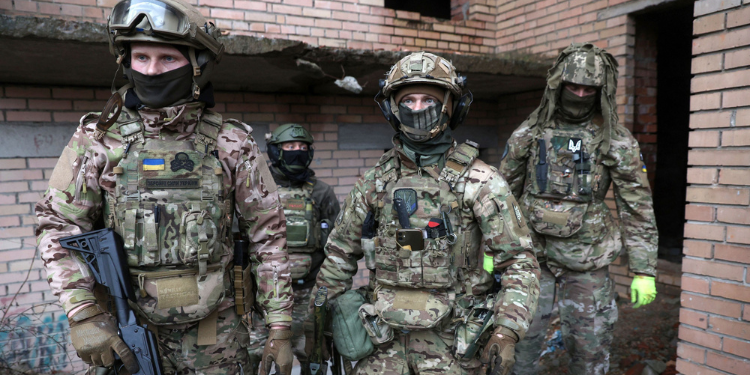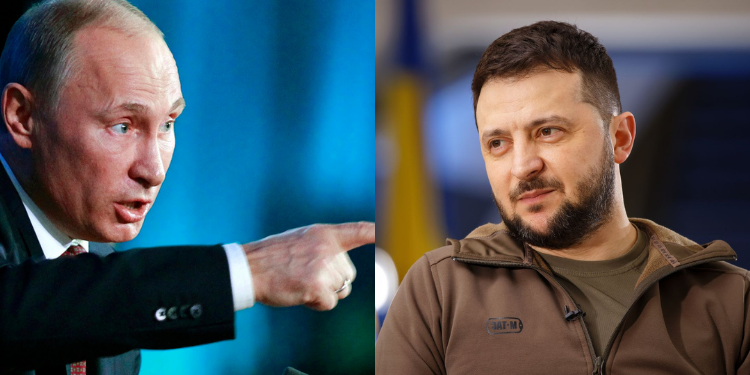U.S. President Donald J. Trump expressed disappointment after the new South Korean President, Lee Jae Myung, sent a special delegation to China for trade talks with Chinese President Xi Jinping on August 25th, 2025.
South Korea, through the special delegation led by former parliament speaker Park Byeong-seug, aims to normalise ties with China with hopes of agreeing to boost economic cooperation between the two nations just hours before President Lee meets Trump in Washington.
A disappointed Trump
President Donald Trump has strongly criticised the move by President Lee Jae Myung, calling it a “purge or revolution”.
“What is going on in South Korea? Seems like a purge or revolution. We can’t have that and do business there.”
South Korean President Lee Jae Myung arrived in the United States on early Monday, 25th August 2025, ahead of a critical meeting with President Trump in Washington at the White House.
China is South Korea’s main trading partner, yet Trump views China as a major economic and geopolitical rival, and his policies reflect a desire to rebalance global power in favour of the U.S.
Trump has long accused Beijing of unfair trade practices, and his administration has imposed tariffs and restrictions aimed at reducing Chinese access to U.S. technology and markets.
Trump’s criticism could complicate today’s White House meeting, where the two leaders are expected to discuss regional security, trade, and the future of the U.S.-South Korea alliance.
“I am seeing the new President at the White House. Thank you for your attention to this matter.”
Issues such as North Korea’s missile tests, semiconductor supply chains, and defense cost-sharing are also expected to feature prominently.
Limited Cooperation
The U.S. maintains about 28,500 troops in South Korea, but Trump has pushed for higher payments from Seoul to support their presence.
Trump is considering reshaping U.S. Forces Korea to focus more on China, potentially reducing their role in defending South Korea against North Korea.
Also Read: NORAD Scrambles F-16s to Intercept Russian Spy Plane in Alaskan ADIZ — Third Time This Week
South Korea is being asked to take on greater regional security responsibilities, including potential involvement in a Taiwan conflict.
Trump’s approach is deal-driven, with unclear long-term commitments and unpredictable adjustments.
President Lee is pursuing pragmatic diplomacy, aiming to maintain the alliance while hedging with Japan and China.
Lee’s strategy
President Lee Jae Myung’s strategy toward foreign policy, especially in balancing relations between the United States and China, is rooted in pragmatism and survival for South Korea’s economy and security.
Lee has consistently argued that South Korea cannot afford to take a purely pro-U.S. or pro-China stance.
His strategy is to maintain the military alliance with Washington, which provides critical security against North Korea, while keeping stable trade relations with Beijing, South Korea’s largest export market.
Also Read: Worry for Zelensky as Trump Blocks Use of U.S Missiles on Russia
China accounts for nearly a quarter of South Korea’s exports, particularly in semiconductors, automobiles, and energy.
Lee’s strategy emphasizes economic diversification while avoiding unnecessary disruption to trade with China.
At the same time, he has pushed for closer cooperation with the U.S. and other allies in high-tech sectors such as chips, AI, and clean energy.
Lee has framed his policy as a way to give South Korea more strategic autonomy, believing Seoul should not be trapped in a zero-sum great power rivalry but instead act as a regional stabilizer, promoting dialogue on issues like North Korea, supply chain resilience, and climate change.
South Korean public opinion is mixed; many citizens value the U.S. alliance for security, but businesses strongly support better ties with China for trade.
Follow our WhatsApp Channel and X Account for real-time news updates.
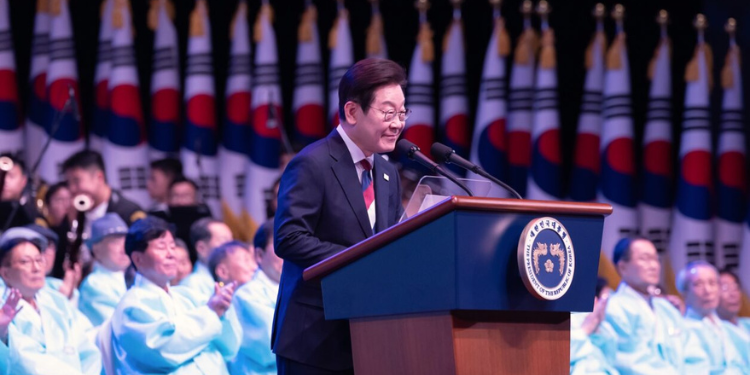

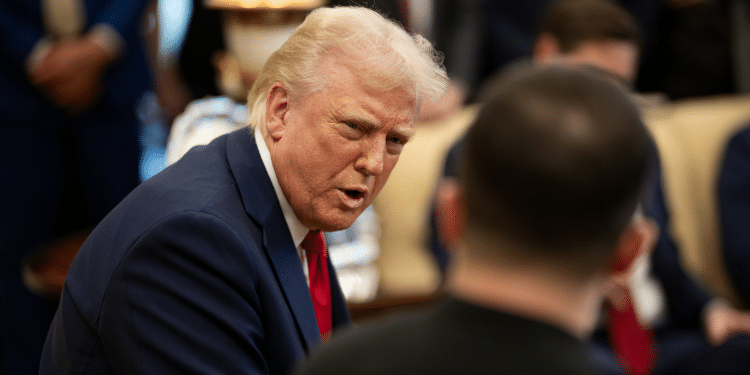

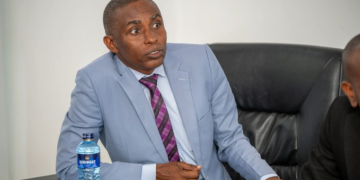

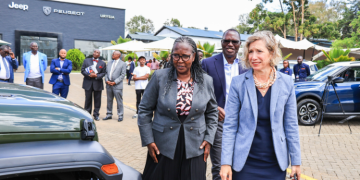

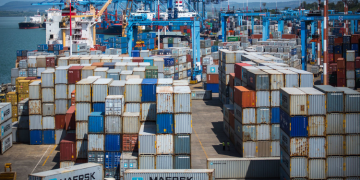
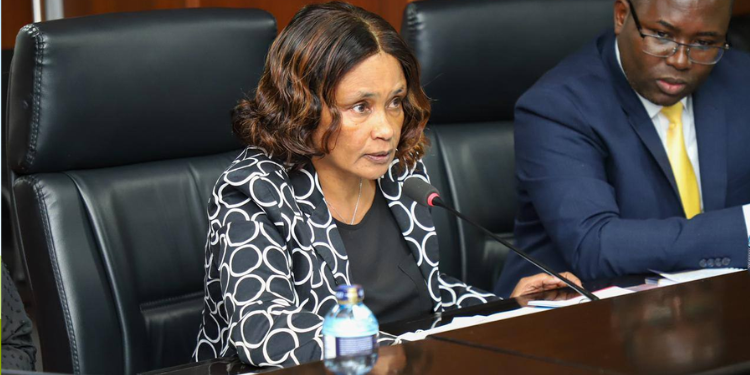









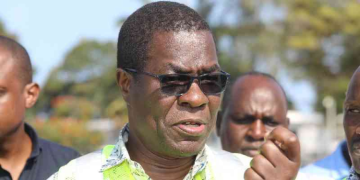

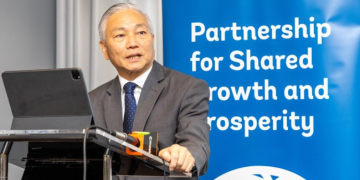
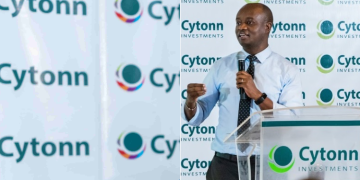
![Billions Each Top Kenyan Bank Has Made So Far In Profits This Year [List] Q3 2025 Results For Equity, Kcb, Co-Op, Absa And Other Banks]( https://thekenyatimescdn-ese7d3e7ghdnbfa9.z01.azurefd.net/prodimages/uploads/2025/11/C0-OP-KCB-Equity-Absa-360x180.png)
